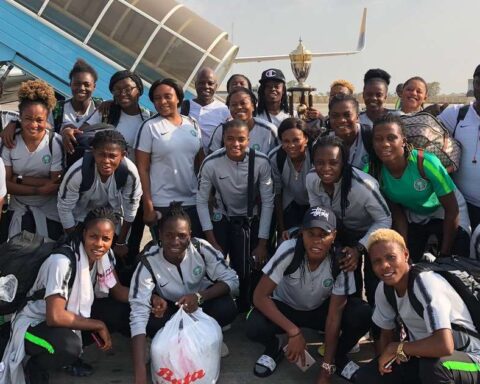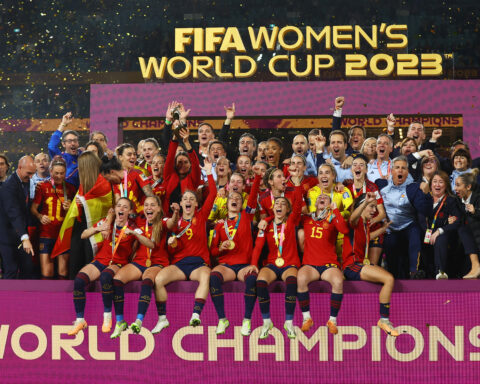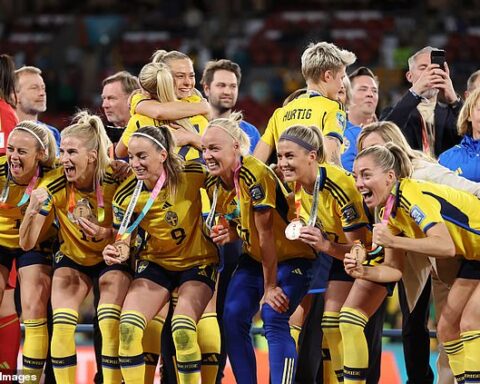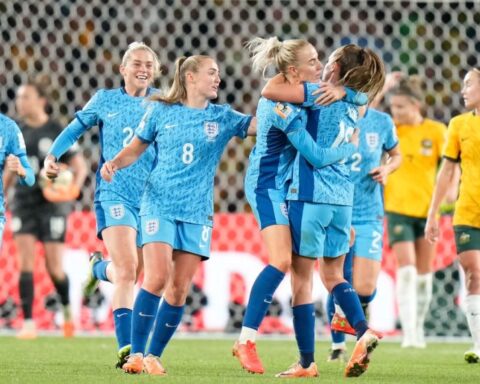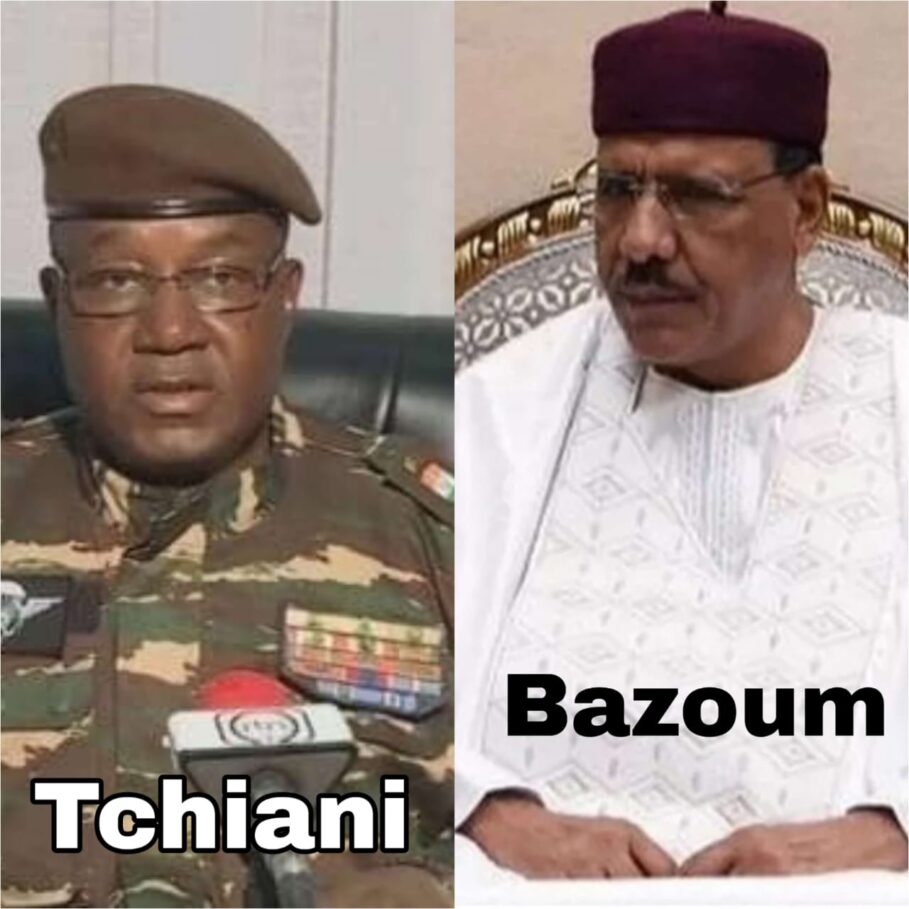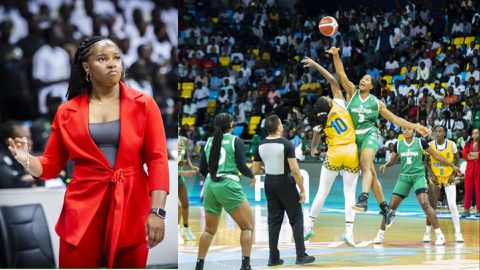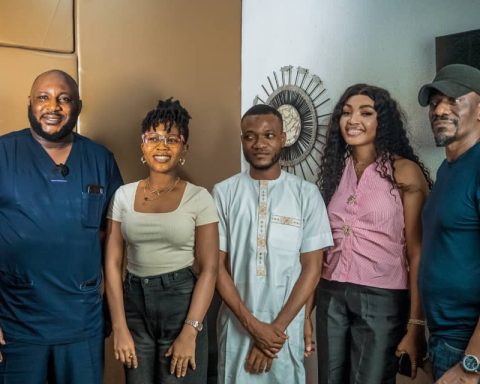With the group stages of the 2023 FIFA Women’s World Cup now concluded, Nigeria, South Africa and Morocco all progressed to the knock out stage.
Only Zambia were eliminated in the group stage.
Join our WhatsApp ChannelIn the round of 16, these African giants will face England, The Netherlands and France.
So what do these six countries in total have in common. Let’s find out.
1. Nigeria and England
England was the colonial masters of Nigeria.
The Colonial Nigeria was ruled by the British Empire from the mid-nineteenth century until 1960 when Nigeria achieved independence.
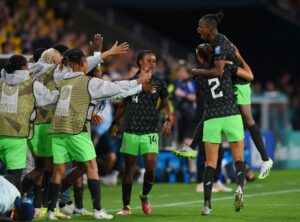
The Nigeria men’s football national team was called the Red Devils during this time (later known as the Green Eagles – before it changed to the Super Eagles in 1988).
There was no women’s football in Africa then until the early 90s.
England have been ‘rewarded’ in the men’s game as a colonist for Nigeria as some players of Nigerian descent have donned the white, red and blue colours of the Three Lions.
The Naija spirit will resonate on Monday morning as the nine-time African women’s champions seek to repeat the feat of the class of 1999 that reached the quarterfinals.
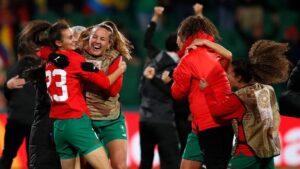
2. Morocco and France
The Atlas Lionesses of Morocco will face France who are one of the title contenders for the tournament.
By the Treaty of Fez of 1912, France imposed a protectorate over Morocco and spent the next two decades taking control of the country.
On 7 April 1956, Morocco gained independence from France.
But make no mistakes about it, the deputy African champions will not do the French side, made up of many players of African descent, any favours when they clash in the round of 16.

3. South Africa and Netherlands
This is another colonial masters story steeped in history.
In 1931, South Africa became an independent nation after the passing of the Statute of Westminster. In 1938, the Netherlands and South Africa officially established diplomatic relations.
As Wikipedia succinctly put it in parts: “Both nations share historic ties and have a long-standing special relationship, partly due to the Dutch colony in the Cape, linguistic similarity between Dutch and Afrikaans.”
When the round of 16 game between these teams come around, South Africa would be hard pressed to overcome the Oranje girls to achieve qualification to the quarterfinals stage.
Perennial African rivals, Nigeria reached that milestone in 1999 when they were beaten 4-3 in the ‘last 8’ by USA.
South Africa are the current Africa champions and exiting the tournament at this stage will be considered below expectation.
Izuchukwu Okosi is a Nigerian sports and entertainment journalist with two decades of experience in the media industry having begun his media journey in 2002 as an intern at Mundial Sports International (MSI) and Africa Independent Television (AIT), owners of Daar Communications Plc.




